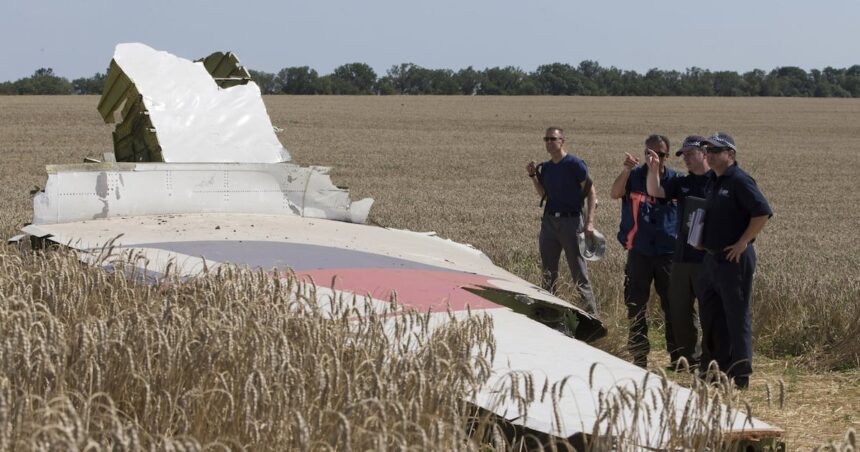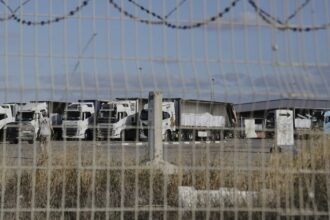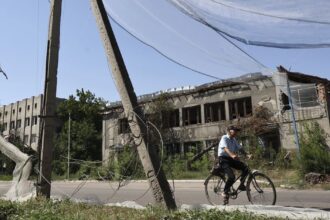In a landmark ruling that reverberates across international justice systems, the European Court of Human Rights (ECHR) has delivered a decisive verdict against Russia, holding it responsible for numerous human rights violations in eastern Ukraine and determining that Moscow was behind the tragic downing of Malaysia Airlines Flight MH17.
The Strasbourg-based court’s ruling represents the first international judicial decision directly connecting the Russian state to the 2014 catastrophe that claimed 298 lives when the passenger aircraft was shot down over eastern Ukraine. This comprehensive judgment addresses two cases: one filed by the Netherlands over the MH17 tragedy and another brought by Ukraine regarding Russian activities in eastern Ukraine between 2014 and 2022.
“Today’s ruling establishes beyond reasonable doubt what we have maintained for nearly a decade—Russia exercised effective control over separatist areas of eastern Ukraine and provided the Buk missile system that destroyed Flight MH17,” said Dutch Foreign Minister Wopke Hoekstra in a statement following the verdict.
The court determined that areas in eastern Ukraine were under Russia’s “effective control” through its significant influence over separatist groups operating there. This jurisdictional finding allowed the ECHR to hold Russia accountable for violations occurring in those territories, despite Moscow’s persistent denials of involvement.
According to the ECHR’s assessment, Russia failed to conduct proper investigations into alleged rights violations in the region, while evidence pointed to a “pattern of executions and torture” of Ukrainian prisoners. The court cited multiple instances where Russian authorities neglected their obligation to protect human life under the European Convention on Human Rights.
Regarding MH17 specifically, the court concluded that Moscow had supplied the Buk missile system used to down the aircraft to separatists and maintained operational command over forces in the region. This finding aligns with previous criminal investigations by the Joint Investigation Team, which similarly traced the missile’s origins to Russia’s 53rd Anti-Aircraft Missile Brigade.
The ruling carries profound implications for ongoing legal proceedings related to Russia’s actions in Ukraine. While enforcement mechanisms remain limited—Russia was expelled from the Council of Europe in 2022 and no longer recognizes ECHR jurisdiction—the decision establishes crucial legal precedent that may influence other international courts and tribunals examining Russian conduct.
Ukrainian President Volodymyr Zelenskyy welcomed the ruling as “a significant step toward justice” but emphasized that “full accountability requires criminal proceedings against individual perpetrators.” Meanwhile, Kremlin spokesman Dmitry Peskov dismissed the decision as “politically motivated” and “lacking legal validity.”
For the families of MH17 victims, the ruling represents a bittersweet victory. Piet Ploeg, chairman of the MH17 Disaster Foundation representing victims’ relatives, called it “vindication after years of Russian denials,” though he acknowledged that “no court decision can bring back those we lost.”
The ECHR’s judgment coincides with intensifying diplomatic tensions between Russia and Western nations over the ongoing conflict in Ukraine. European leaders have pledged to ensure the ruling’s conclusions inform future policy decisions regarding Russia, particularly concerning sanctions and accountability measures.
As international attention focuses on this historic verdict, a critical question emerges: Will this ruling mark a turning point in holding powerful nations accountable for violations of international law, or will geopolitical realities continue to impede the pursuit of justice for victims of state-sponsored violence?










